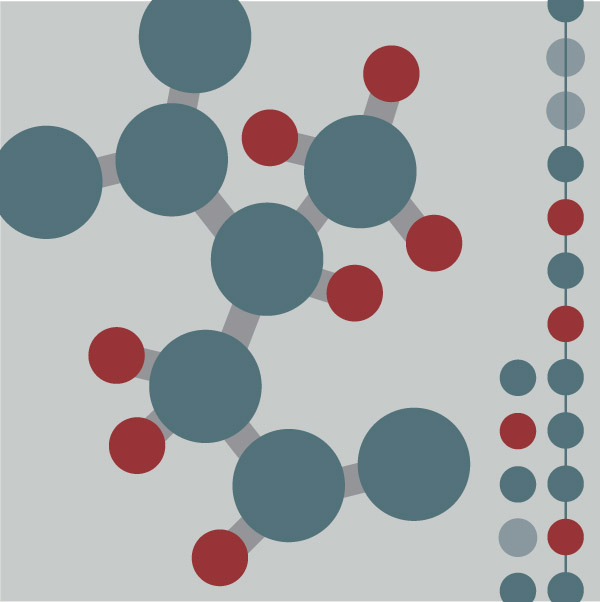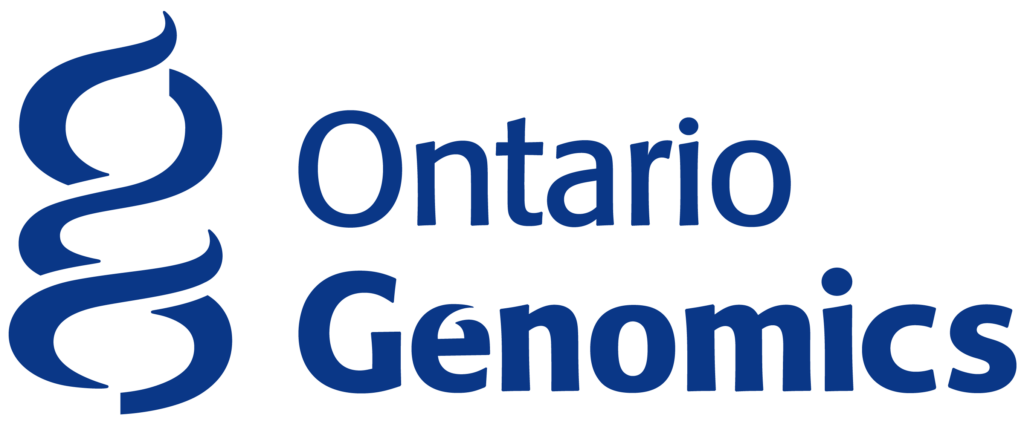
Life science researchers explore changes in protein production across diverse biological systems in the context of health and disease, as well as general perturbations and mechanisms of regulation. Investigations of total proteomes, post-translational modifications, signaling cascades, extracellular environments, interactomes, and clinical applications will be discussed. The CBW course covers important topics, including mass spectrometry instrumentation, proteomics data collection and processing, statistical analysis, and data visualization and interpretation. In-depth instruction via seminars combined with hands-on practical tutorials with provided datasets will be explored to assist with learning diverse bioinformatics platforms and pipelines for comprehensive and robust proteomics data analysis.
CNPN members are eligible for a $50 subsidy. For more information and instructions on how to claim this subsidy, email support@bioinformatics.ca.
Participants will gain practical experience and skills to be able to:
- Design optimal proteomics experiments for protein identification across diverse sample sets
- Process proteomics datasets in a robust and reproducible manner
- Use multiple software platforms for data processing, analysis, and visualization
- Demonstrate best practices in proteomics data analysis
- Generate informative and reproducible visualizations
- Interpret and describe proteomics experimental findings
Beginner/Intermediate; Graduate students; Post-doctoral fellows; Clinical/Research; Life Science domain.
General knowledge of R will be beneficial but not required.
You will also require your own laptop computer. Minimum requirements: 1024×768 screen resolution, 1.5GHz CPU, 2GB RAM, 10GB free disk space, recent versions of Windows, Mac OS X or Linux (Most computers purchased in the past 3-4 years likely meet these requirements).
This workshop requires participants to complete pre-workshop tasks and readings.
Module 1: Introduction to mass spectrometry and proteomics
- Basic principles
- Technologies used for mass spectrometry
- Review of relevant terms
- Applications of proteomics
- Current challenges
Module 2: Experimental design and sample preparation
- Overview of experimental design
- Outline key steps in protocols
- Quantification
Module 3: Introduction to software platforms
- Principles behind operation
- Examples of platforms
- Resources available
Lab Practical
- Configure, launch and connect to a cloud instance
- Introduction to test data
- Access and download data from PRIDE
- Access and download FASTA files from Uniprot
- Configure and run MaxQuant
Module 4: Introduction to Data Independent Acquisition
- Data-independent acquisition and analysis
- Software platforms (e.g., DIA-NN)
- Challenges and benefits
Lab Practical
- Introduction to test data
- Access and download data
- Configure and run DIA-NN
Module 5: Best practices in data analysis, statistics, visualization
- Overview of gold standards
- Statistical tests (e.g., T-tests, ANOVA, PCA, FDR)
- Differential abundance
- Public repositories and data deposition
- Visualizations tools and examples
Lab Practical
- Introduction to input files
- Introduction to Perseus
- Data processing and visualization
- Testing additional tools (e.g., user selected R scripts)
Module 6: Considerations and tools for complex datasets
- Multi-species analyses
- Post-translational modifications
- Interaction networks (e.g., STRING, Cytoscape)
Module 7: Future advances in proteomics: AI and Machine Learning
- Overview of concepts
- Introduction of new terminology (e.g., AI, ML, deep learning, neural networks)
- Applications in proteomics
Duration: 3 days
Start: Sep 16, 2024
End: Sep 18, 2024
Status: Registration Closed
Workshop Ended

Canadian Bioinformatics Workshops promotes open access. Past workshop content is available under a Creative Commons License.
Posted on:
 Download the poster announcing this workshop
Download the poster announcing this workshop




